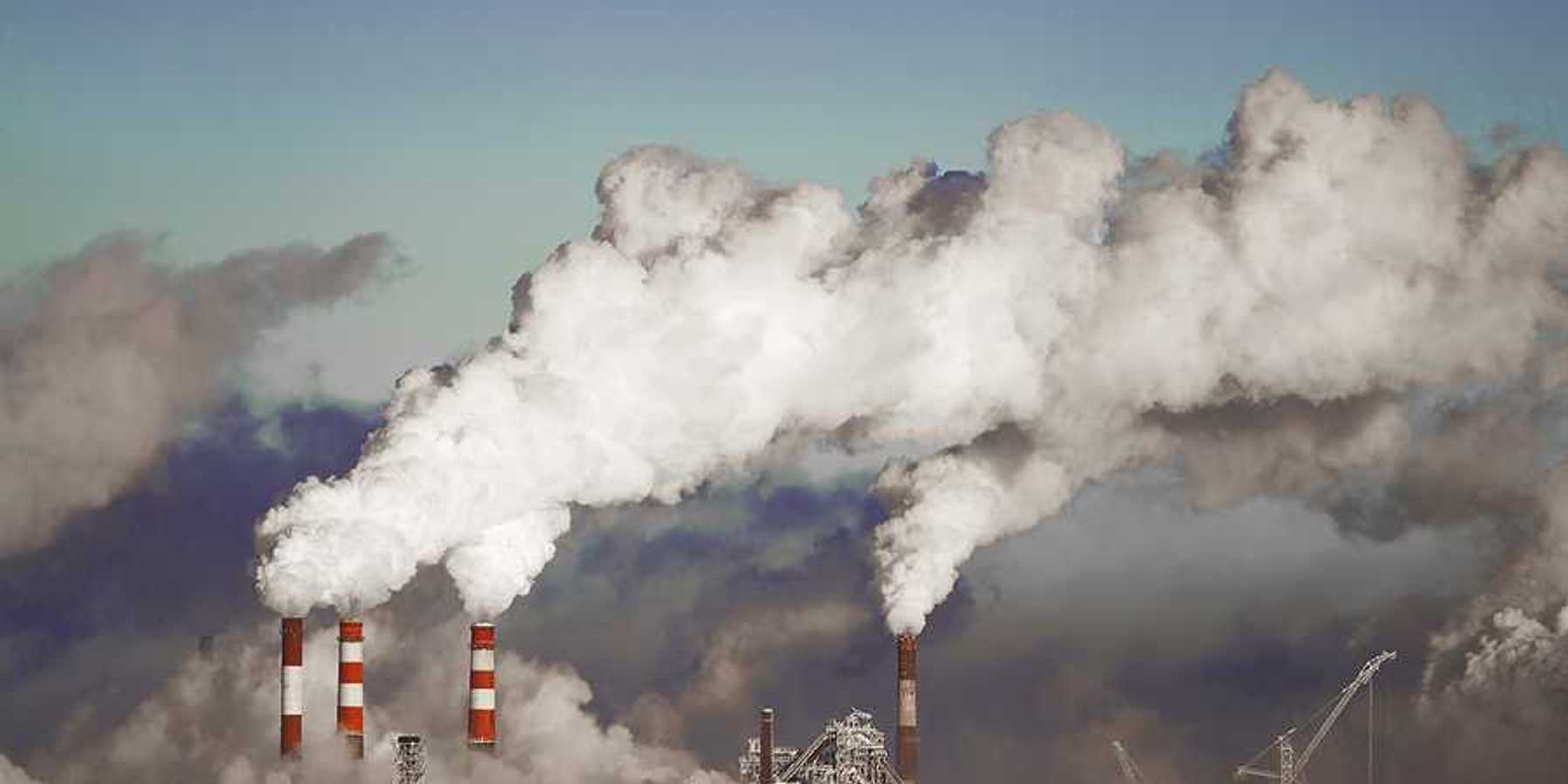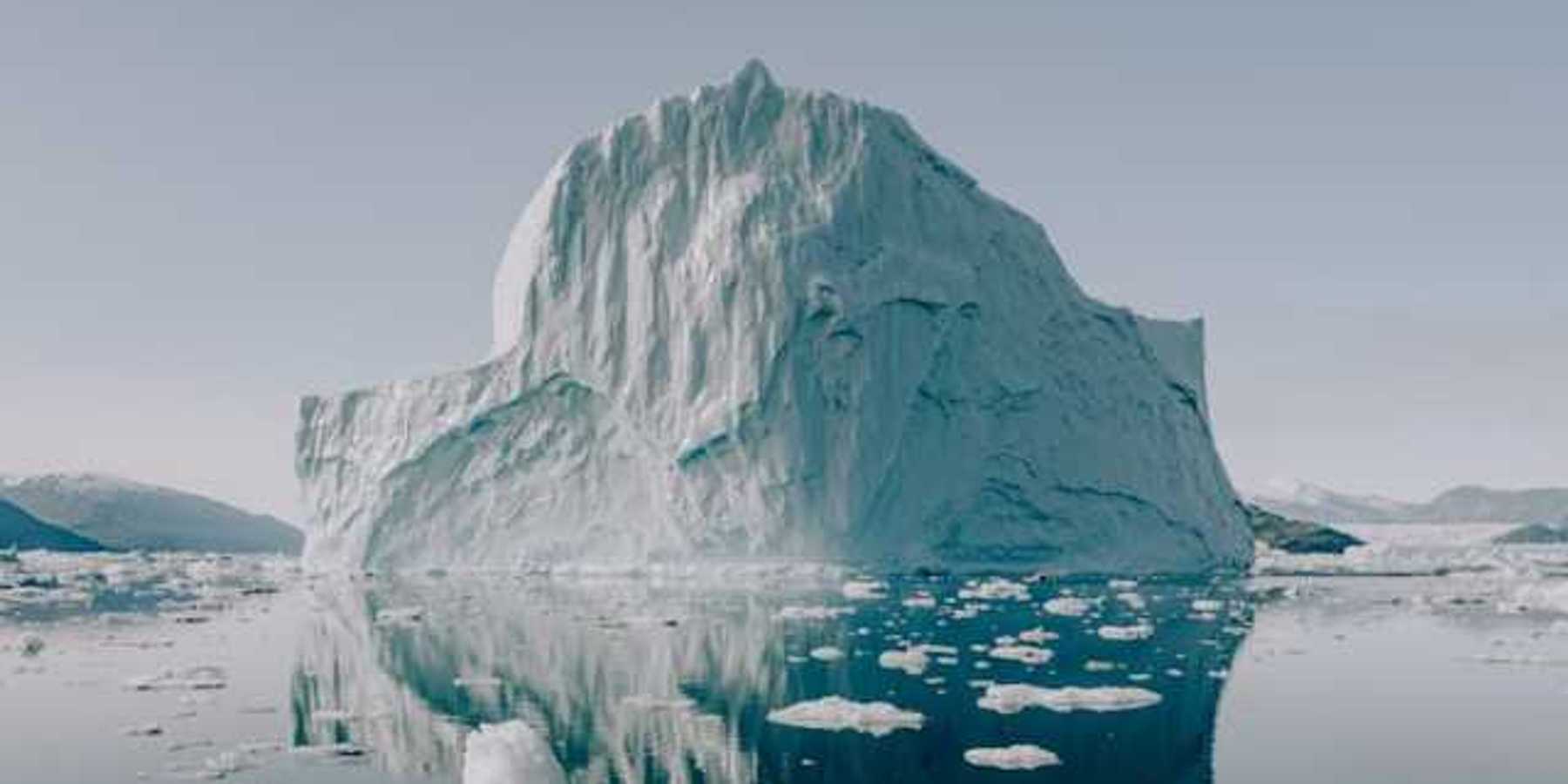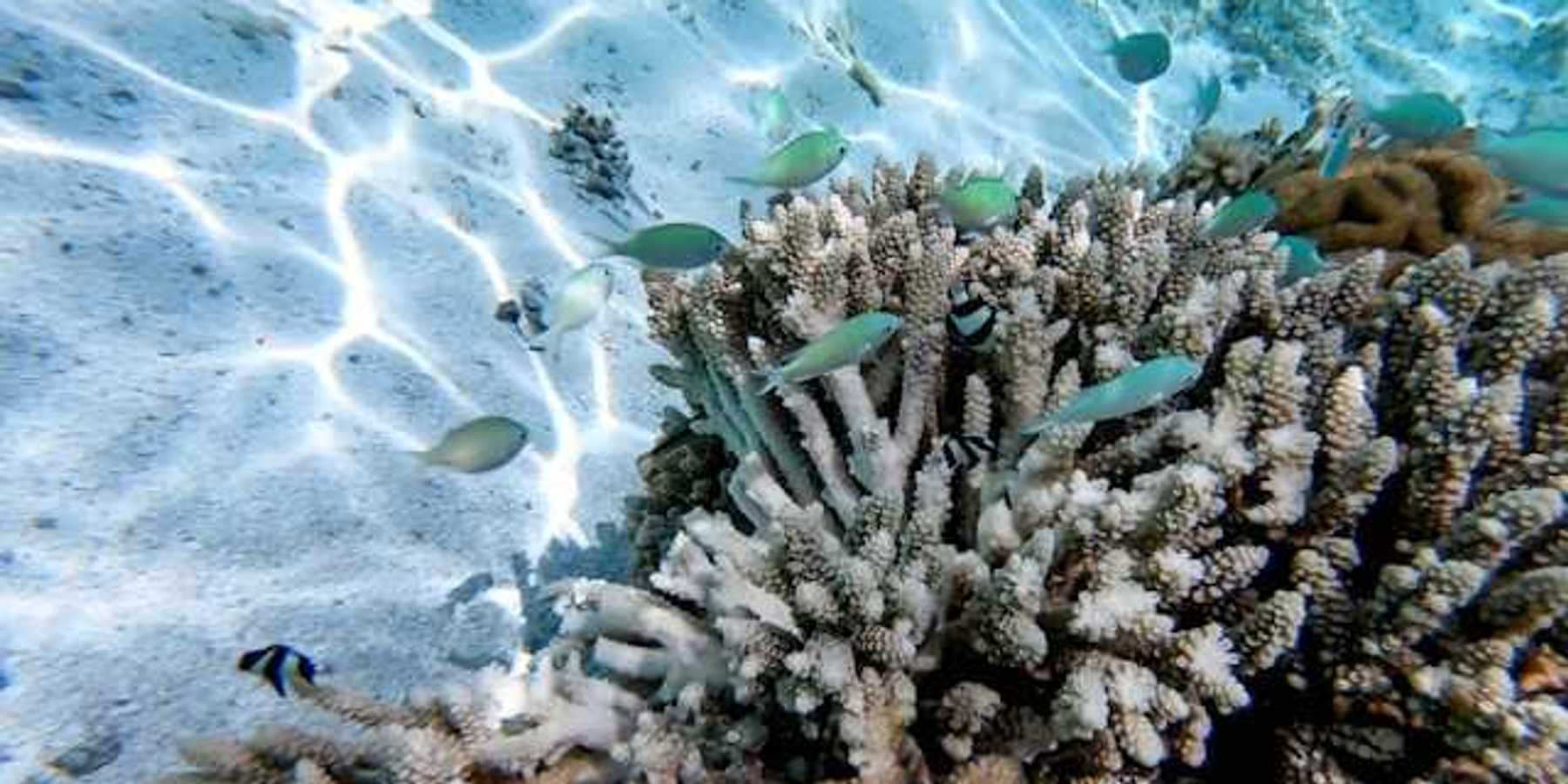20 February 2024
Tim Robinson explores climate change communication through cringe comedy
Comedian Tim Robinson uses his unique style of humor to address the challenges of communicating climate change effectively.
In short:
- Robinson's sketch humorously portrays the difficulty of conveying complex climate science to the general public.
- The sketch resonates with climate scientists who face challenges in making their research accessible and engaging.
- It highlights the gap between scientific communication and public understanding of climate issues.
Key quote:
“I immediately understood where this is coming from. I feel the same pressures, I get the same complaints.”
— Daniel Swain, a climate scientist at the University of California, Los Angeles
Why this matters:
This approach to climate communication underscores the importance of finding new, relatable ways to discuss climate change. It suggests that humor and popular culture can play a role in bridging the gap between scientific knowledge and public awareness.













